ACTIVITIES
in the SOCIO-ENVIRO-ECONOMIC SYSTEM
|
ACTIVITIES USE RESOURCES TO PRODUCE OUTCOMES
INEQUALITY HAS GROWN AND POVERTY INCREASED... WHY?
|
ACTIVITIES HAVE IMPACT ON ALL CAPITALS
SOCIAL CAPITAL

Quality of Life
|
NATURAL CAPITAL

Essential enabler
|
ECONOMIC CAPITAL

Wealth / GDP
|
Activities convert resources into values:
- Social capital is a source of labor. Labor is a key input to almost all economic activity.
- Natural capital is a source of natural resources like minerals and oil which are foundational for almost all production process, Many raw materials also originate from nature, whether via agriculture or activities like harvesting lumber.
- Economic capital which includes the built environment including factories and production processes.
Activities produce good outcomes:
- The work done by labor is part of a production process that produces products.
- The wages for work are important for the economis suport of the worker and his/her family/
- The products produced get sold to customers who get value from the products
- The producing company gets revenues that pay for the costs of production and generate a return for investors.
Activites also produce bad outcomes:
- Wages paid to labor are often too small to allow the worker to fund a decent quality of life ... an outcome that is bad for the worker and his/her family but frequently financially good for the business owner
- Working conditions may be dangerous and cause injury to workers
- The supply chain may be doing damage to the environment in many different ways
- Depleting scarce moneral resources
- Doing damage to the biological ecosystem
- Emitting GHGs that are doing damage to climate systems
The use of resources reduces the beginning of period (BOP) capitals as does the pdoduction of bad outcomes. The production of good outcomes increases the capitals. The result of these changes generates the end of period (EOP) capital.
|
|
|
OTHER FACTORS ARE ALSO IMPORTANT
|
PLACE
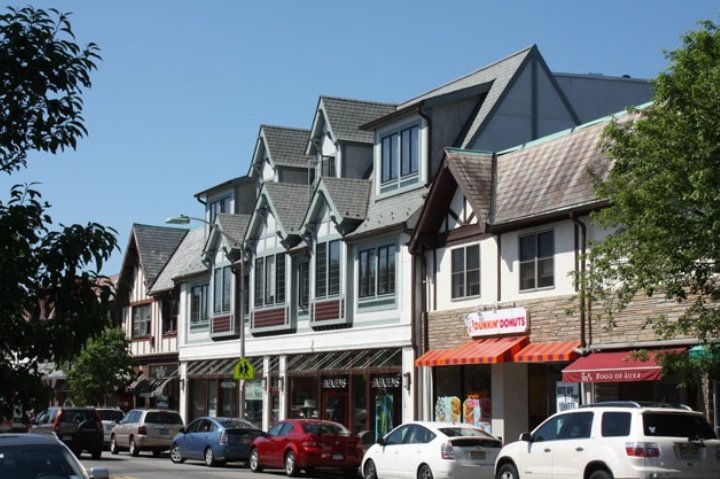
Where people live
|
PROCESS

How things are made
|
PRODUCTS

What gets made
|
|
Some people are very fortunate, and others less so. The accident of birth should not be the main determinant of success and a happy productive life. There should be opportunity for everyone.
The characteristics of the place make a big difference to quality of life. The choices people make regarding the products purchased and consumed impact the person, the economy and the environment.
|
|
AND ALSO
|
|
PRIORITIES
|
PREJUDICE
|
POLITICS
|
POLICIES
|
Not everything can be done!
Therefore choose what is most important and urgent.
Different places may have different priorities.
Different people may have different priorities!
|
Most people have preconceived ideas.
Racial prejudice is everywhere
So is religious prejudice
Be careful. Use facts.
|
Politics is important
Different viewpoints enable improvement but only when there are facts and thoughtful consideration.
|
Policies need to be practical
Perfect is rarely possible
Policy must be funded and implemented
Accountability is essential.
|
|
Some people are very fortunate, and others less so. The accident of birth should not be the main determinant of success and a happy productive life. There should be opportunity for everyone.
The characteristics of the place make a big difference to quality of life. The choices people make regarding the products purchased and consumed impact the person, the economy and the environment.
|
|
ACTIVITIES BEING CHANGED BY TECHNOLOGY
|
|
PASSENGER TRANSPORTATION
|
HORSE-POWER

|
STEAM-TRAINS

|
AUTOMOBILES

|
HI-SPEED TRAINS

|
AIR TRAVEL

|
|
Consumption is driving the modern economy. It looks like success as long as the depletion of natural resourcs and the degradation of the environment is ignored.There is strong correlation between better quality of life and more consumption in poor economies, but less so in mature rich econmies. Rich economies are increasingly associated with waste, luxury and inefficiency.
|
|
CARGO TRANSPORTATION / LOGISTICS / SUPPLY CHAIN
|
FREIGHT TRUCK
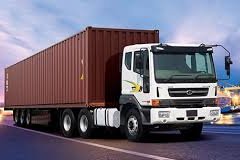
|
FREIGHT TRAIN

|
CONTAINER SHIP

|
AIR CARGO

|
PACKAGE EXPRESS

|
|
Consumption is driving the modern economy. It looks like success as long as the depletion of natural resourcs and the degradation of the environment is ignored.There is strong correlation between better quality of life and more consumption in poor economies, but less so in mature rich econmies. Rich economies are increasingly associated with waste, luxury and inefficiency.
|
|
BASIC NEEDS CONSUMPTION IS ESSENTIAL
|
FOOD

|
WATER

|
SHELTER

|
SECURITY

|
HEALTH

|
|
For most of history the size of the population was limited by the availability of things that were needed to sustain the individual and the community. In modern times the production of goods and services to sustain a population has improved substantially and global population has grown in size and in its access to the basics to sustain life. Nevertheless, many people do not have enough of the basics of life because of many systemic problems in the socio-enviro-economic system and poor management decisions associated with politics and greed.
|
|
MORE CONSUMPTION GIVES BETTER QUALITY OF LIFE
|
CONSUMPTION

|
PROCESSES

|
MATERIALS

|
ENERGY

|
PAYROLL

|
|
Modern business productivity is at an all-time high but this has not translated well into quality of life for all people getting better at anything like the same pace. This can be explained by the widespread use of the wrong metrics within the socio-enviro-economic system. The dominant measures of economic performance are Gross Domestic Product (GDP), Corporate Profit and Stock Market Valuations ... but measures of social performance and environmental performance are conspicuous by their total absense, or, to the extent that such measures are in play, by their weakness.
|
|
CONSUMPTION BY ULTRA RICH HAS BAD IMPACTS
|
CONSUMPTION

|
AIR TRAVEL

|
YACHTS

|
HUGE MANSIONS

|
TAX HAVENS

|
|
In recent times there has been a vibrant 'luxury' sector where economic actors have built businesses to serve the wealthy, and become financially successful in the process. Where the metrics of success are simply 'me making money', this economic behavior delivers but at the expense of the socio-enviro-economic system as a whole.
|
|
ACTIVITIES OF CORPORATE ORGANIZATIONS
|
|
ALL HAVE SUBSTANTIAL IMPACT ON SOCIETY AND THE ENVIRONMENT
|
DIGITAL TECH

Google
|
OIL & GAS

ExxonMobil
|
AERO ENGINES

Rolls Royce
|
BANKING

HSBC
|
ENGINEERING
 GE
GE
|
FOOD
 Unilever
Unilever
|
|
Most of the global economy comprises products that are produced by very big organizations that are complex with multiple factories in many different locations, and supply chains that span the globe. It is not easy to understand these companies in a way that makes it possible to hold them accountable for their behavior. Nevertheless, despite their complexity, they are able to communicate their profit performance to investors, but not their social impact nor their environmental impact, even where these are material. This has to change.
|
|
PROCESSES & FACTORIES
|
|
WHAT IS THE IMPACT ON SOCIETY AND THE ENVIRONMENT?
|
MINING

|
LOGISTICS

|
ENERGY

|
ELECTRICITY

|
PRODUCTION
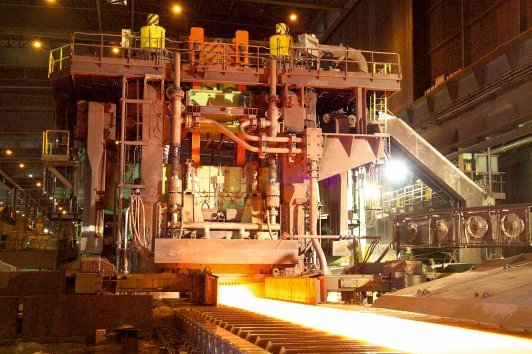
|
OIL REFINERY

|
|
Every sector, every industry, has become very specialized and over a long period of time has been optimized for profit performance. Profit performance has been exceptional for decades, but too little attention has been paid to social and environmental issues. This must change. Process improvements are essential and must focus in improving social impact and environmental impact as well as merely being more profitable.
|
|
SECTORS / INDUSTRIES
|
|
WHAT IS THE IMPACT ON SOCIETY AND THE ENVIRONMENT?
|
MINING

|
LOGISTICS

|
ENERGY

|
FOOD - Vegetables

|
HOUSING

|
HEALTH

|
AG-GRAIN

|
PRODUCTION

|
REFINERIES

|
FOOD - Meat

|
EDUCATION
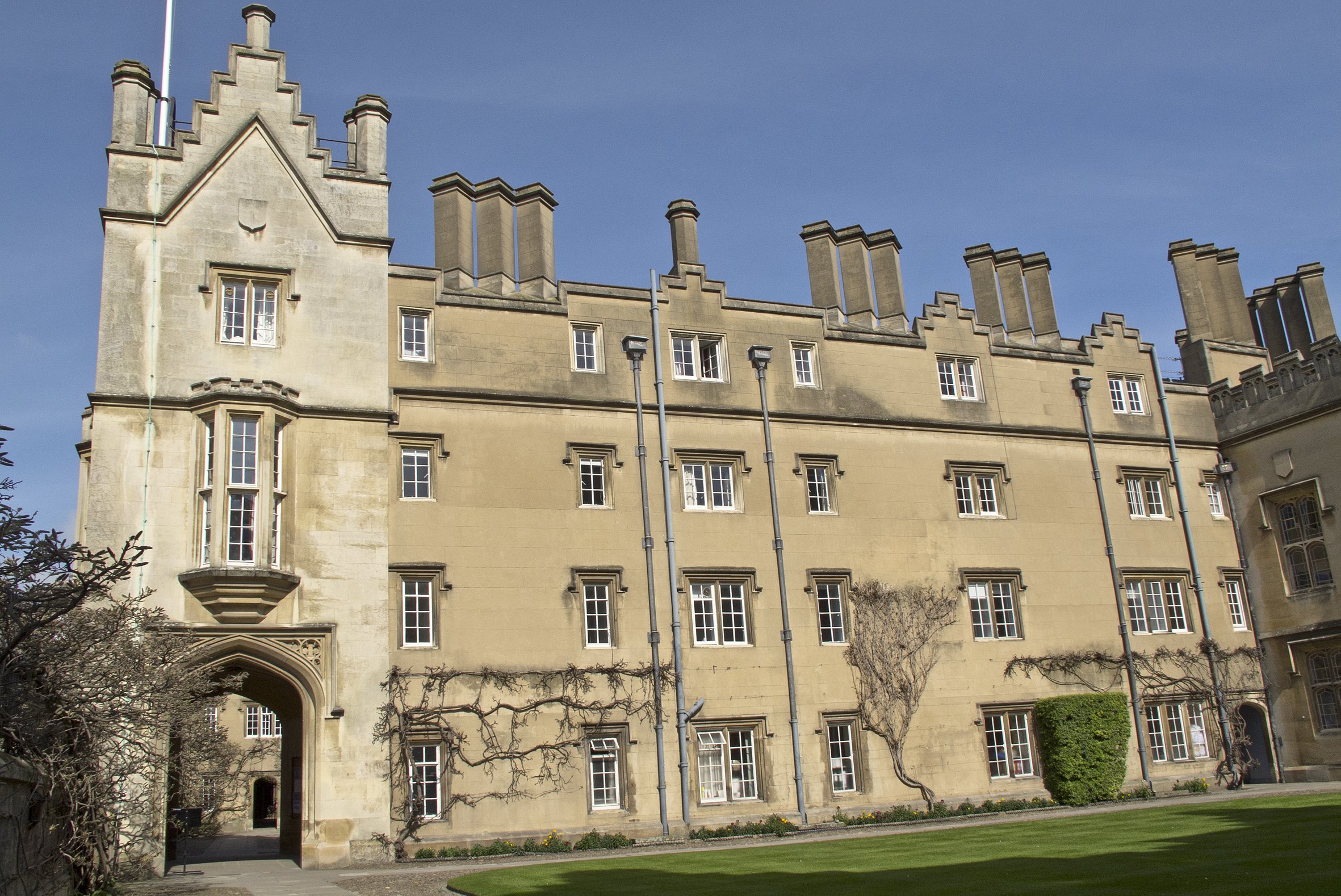
|
HEALTH
 |
AG-LIVESTOCK

|
RAIL

|
ELECTRICITY

|
CLOTHES

|
MOBILITY

|
HEALTHCARE
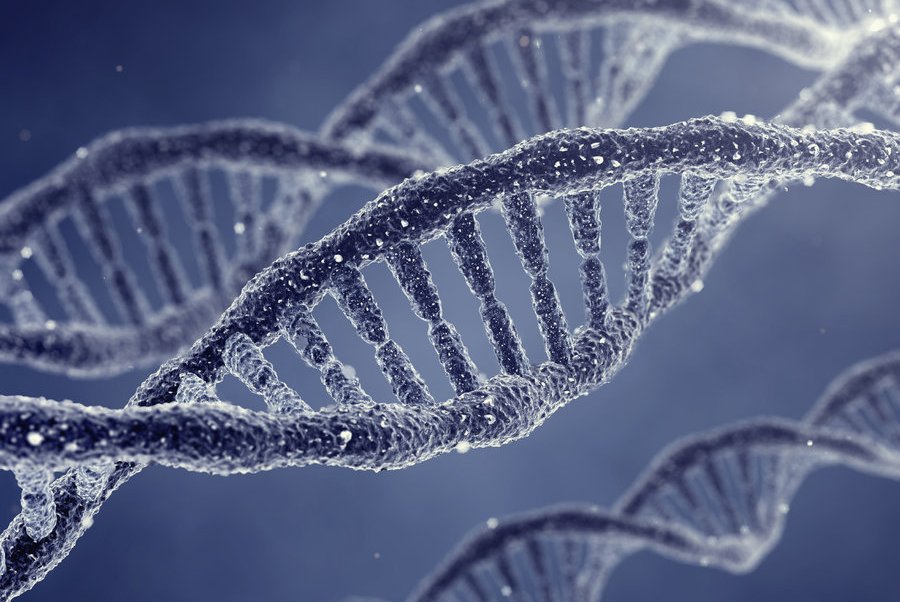
|
|
Every sector, every industry, has become very specialized and over a long period of time has been optimized for profit performance. Profit performance has been exceptional for decades, but too little attention has been paid to social and environmental issues. This must change. Process improvements are essential and must focus in improving social impact and environmental impact as well as merely being more profitable.
|
|
STREAMS / STRANDS / STRINGS
|
|
WHAT ARE ALL THE IMPACTS FOR THE LIFE CYCLE OF PRODUCTS?
|
NATURE

|
EXTRACTION

|
SUPPLY CHAIN

|
PRODUCTION

|
USE

|
WASTE

|
|
Everything that is used to support a high standard of living and quality of life has a long supply chain, then production and distribution, then use, and then a post use waste chain. For metrics to be meaningful, all of these stages must be brought into account.
|
|
PEOPLE ... THE ULTIMATE ACTORS
|
|
PEOPLE MAKE DECISIONS ABOUT THE CONSUMPTION OF PRODUCTS
|
Food - Vegetables

|
Food - Meat

|
Housing

|
Clothes

|
Mobility

|
Recreation

|
|
More consumption correlates to a better quality of life up to a certain level. Beyond that level more consumption may well have negative consequences, as for example too much food may result in obesity and diabetes or worse.
|
|
PEOPLE AS CONTRIBUTORS ... AS DECISION MAKERS
|
AS INDIVIDUALS

Live life ... work & family
|
IN ORGANIZATIONS

Do the work ... make the decisions
|
AS INVESTORS

Allocate financial resources
|
|
EMPOWER THE INDIVIDUAL AND ENABLE BASIS FOR A BETTER LIFE
|

|
Every individual is different, both in what they are capable of doing and how they want to live their lives. People should have the freedom to succeed in all sorts of good ways, and should be helped so that they never fail. People need the facts about themselves and everything around them.
|
|
ESTABLISH ACCOUNTABILITY FOR PEOPLE WITHIN ORGANIZATIONS
|

|
Companies are important drivers of the economy. Within companies it is people that make the decisions, and for many decades the dominant metric for success has been profit without taking into consideration impact on society and nature. This must change. Profit performance on its own is not enough!
|
|
IMPROVE DECISION PROCESS FOR INVESTMENT DECISIONS
|

|
The allocation of capital shapes the future of the economy. People make the decisions about what investments should be made and have been guided mainly by the potential for growth of financial wealth without taking into consideration issues relating to society and the environment. These other issues matter.
|
|
PLACE
|
|
THE CRITICAL VALUE ADD FROM LOCATIONAL CAPITAL
|
|
CITIES / COMMUNITIES
|
Cities and Communities are where people live their lives
|
MAIN ST.

|
SCHOOLS

|
CHURCHES

|
POLICE

|
RECREATION

|
HOSPITALS

|
SUBURB
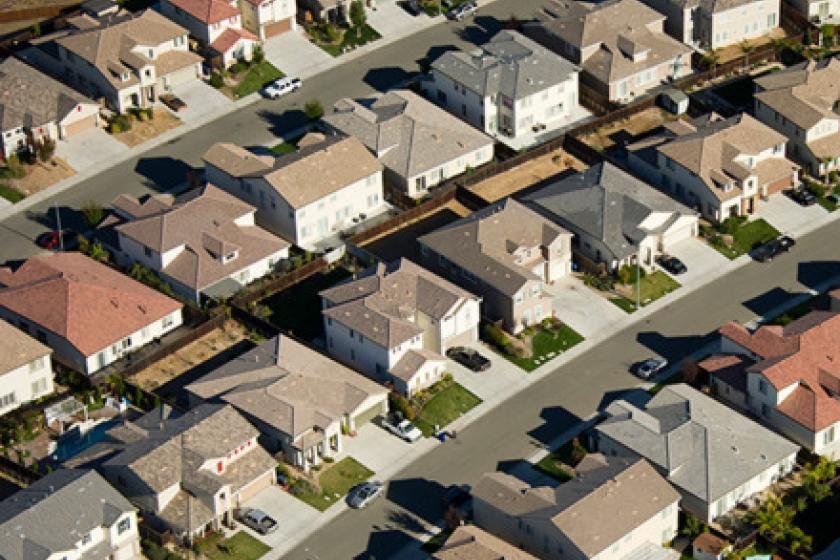
|
UNIVERSITIES

|
HOUSING

|
FIRE

|
RELAXATION

|
PERSONNEL

|
|
Everything is needed in the place to enable Quality of Life. Everything is interconnected. Nothing important can be missing ... multi-sector is essential
|
|
More than 200 countries ... with vastly different characteristics
|
 China
China
|
 France
France
|
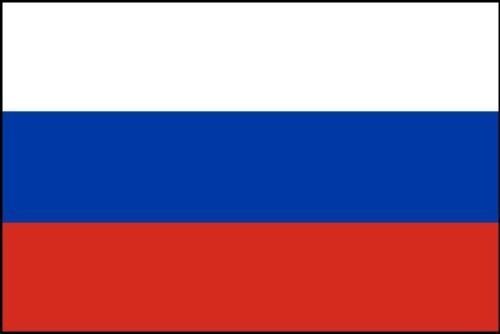 Russia
Russia
|
 UK
UK
|
 USA
USA
|
 India
India
|
 Brasil
Brasil
|
 RSA
RSA
|
 Indonesia
Indonesia
|
 Pakistan
Pakistan
|
 Nigeria
Nigeria
|
|
Data at the country level useful for broad comparisons, not so much for management of performance.
|
|
PRODUCTS
|
|
PRODUCTS IMPACT PEOPLE AND ORGANIZATIONS AND NATURE
|
|
NEEDED FOR A DECENT QUALITY OF LIFE
|
Food - Vegetables

|
Food - Meat

|
Housing

|
Clothes

|
Mobility

|
Recreation

|
|
More consumption correlates to a better quality of life up to a certain level. Beyond that level more consumption may well have negative consequences, as for example too much food may result in obesity and diabetes or worse.
|
|
PRODUCTS START WITH NATURE AND HAVE A LONG LIFE CYCLE
|
NATURE

|
SEA

|
STEEL

|
EATING

|
WASTE

|
RECYCLING

|
NATURE

|
ROAD

|
REFINING

|
CONSUMING

|
LANDFILL

|
RECYCLING

|
EXTRACTION

|
RAIL

|
POLLUTION

|
DRIVING

|
FLOODS

|
NO WASTE

|
|
Products enable consumption that improves quality of life.
The production of products is a critical economic activity and source of profit for companies.
Production and products are only sustainable if they do not degrade the environment. Most modern industrial process are catastrophically unsustainable.
Smarter processes are needed together with smarter products, smarter consumers and systems to enable a circular economic model.
|
|




































 GE
GE
 Unilever
Unilever






















































 China
China
 France
France
 Russia
Russia
 UK
UK
 USA
USA
 India
India
 Brasil
Brasil
 RSA
RSA
 Indonesia
Indonesia
 Pakistan
Pakistan
 Nigeria
Nigeria























